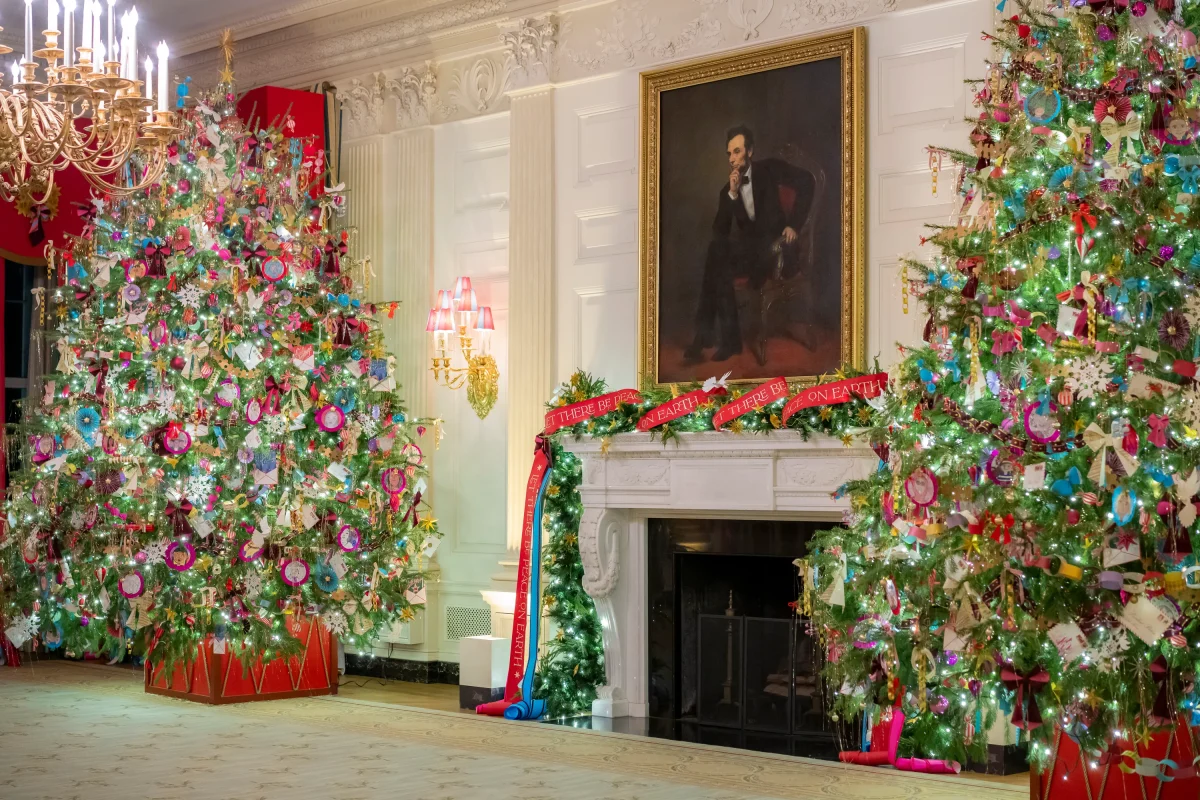James Earl Carter Jr., the nation’s oldest surviving president, died on December 29 in his hometown of Plains, Georgia He was 100. Former President Carter, a progressive Democrat, is remembered for his foreign policy achievements, including returning the Panama Canal to Panama and spearheading human rights policies that changed how the United States interacted with foreign governments suspected of human rights violations. He also oversaw the signing of a treaty with Israel and Egypt that still stands today and normalized diplomatic relationships with China. In addition, he created the Departments of Education and Energy and pushed for stricter environmental laws. Several international crises, including the Soviet invasion of Afghanistan and the Iran hostage crisis marred these achievements. Republicans frequently criticized him as a prime example of ineffectual liberal leadership. Former President Carter was defeated by a landslide in 1980 by Ronald Regan. While his presidency is often looked unfavorably upon, the work he did after his presidency is extraordinary. Former President Carter went on to write over 30 books, most famously Palestine: Peace Not Apartheid, which controversially compared the Israeli treatment of Palestinians to the treatment of Black South Africans during apartheid. He also was deeply involved in Habitat for Humanity, a nonprofit organization that builds and renovates homes for impoverished communities. He is credited with personally helping to build and renovate 4,400 homes across 14 countries. Perhaps his most impressive achievement was his effort, along with the Carter Foundation, to eliminate the Guinea worm, a parasitic infection common in Angola, Chad, Ethiopia, Mali, South Sudan, and other African and Asian nations. In 1984, there were around 3.5 million human cases of Guinea worm. By 2023, this number dropped to only 14 cases, and the parasite has been eliminated in 17 countries. Former President Carter continued to fight for diplomatic solutions to international conflicts throughout his life and was an outspoken critic of the invasion of Iraq. He won the Nobel Peace Prize in 2002 “for his decades of untiring effort to find peaceful solutions to international conflicts” (New York Times). A state funeral for former President Carter was held on January 9, and a private funeral in Georgia followed later that day. He is buried in the graveyard of Maranatha Baptist Church, where he taught Sunday school for decades, in Plains, Georgia. Former President Carter’s complex legacy, one of a mediocre presidency but an exemplary post-presidency, can best be described by renowned comedian Dave Chappelle: “I don’t know if that’s a good president, but that right there, I am sure, is a great man”.
Sources:
https://www.nytimes.com/2024/12/29/us/politics/jimmy-carter-dead.html
https://en.wikipedia.org/wiki/Jimmy_Carter
https://www.cartercenter.org/health/guinea_worm/index.html
https://apnews.com/article/jimmy-carter-funeral-schedule-thursday-c7fcc6854e9f4fe6e86dc36b9bd61b0f




